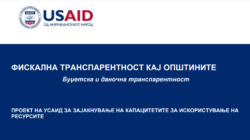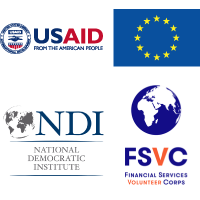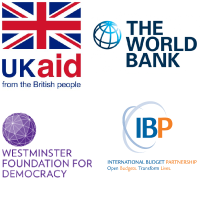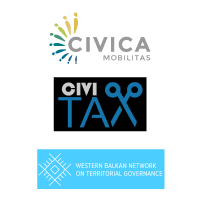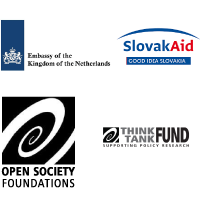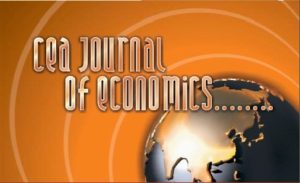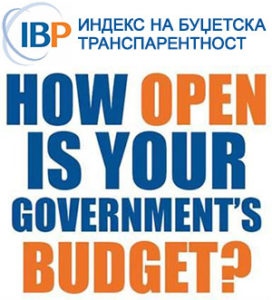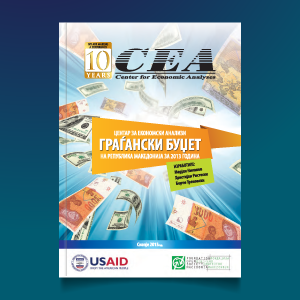As part of the 2019 Central and Eastern Europe Conference, RSA welcomes proposals for Special Sessions. Special Sessions are a great way to bring together presenters to discuss and highlight a particular topic and to develop or further extend your network.
SS1: Territory, Politics, Governance in the Western Balkans Region
SS2: Creative Cities in the CEE Countries: Theory, Best Practices and Challenges
SS3: Metropolitan aspirations of cities located in peripheral areas
SS4: Towards the better understanding of land-use conflicts in rural, remote and peripheral areas
SS1: Territory, Politics, Governance in the Western Balkans Region
Session organisers: The Western Balkans Network on Territorial Governance (TG-WeB)
Rudina Toto, POLIS University and Co-PLAN, Albania; Giancarlo Cotella, DIST Politecnico di Torino, Italy; Marjan Nikolov, Center for Economic Analyses, Macedonia; Besnik Aliaj, POLIS University, Albania; Erblin Berisha, DIST Politecnico di Torino; Peter Nientied, IHS, the Netherlands.
The aim of this special session is to generate knowledge on territorial development, governance and politics in the Western Balkans, and facilitate exchange among EU and Western Balkans researchers, in order to contribute to filling the gap of Western Balkans place-based evidence and perspectives in relation to a combined ‘EU – Western Balkans’ territorial development. Aligning EU and Western Balkans perspectives is a necessary step towards the mutual preparation of both parties for the much-expected integration. From a theoretical perspective, the contributions and debates during this special session intend to provide input to a comprehensive territorial, multi-level, and polycentric governance discourse, by bringing in perspectives from a macro-region that is insufficiently studied with regards to its territorial politics and governance. On a policy-making level, the contributions of the participating scholars and professionals should feed recommendations, or draw attention to how the Western Balkans’ integration path could be tailored, taking into account the Western Balkans territorial and socio-economic diversities.
TG WeB Postion Paper On Territorial Governance for Western Balkans
Full Special Session call is available here.
SS2: Creative Cities in the CEE Countries: Theory, Best Practices and Challenges
Session organisers: Dávid Fekete, Széchenyi István University, Count István Bethlen Research Centre and János Rechnitzer, Széchenyi István University, György Enyedi Foundation
The goal of this session is to strengthen the scientific debate related to creative cities in the CEE countries. Researchers, international organisations and European Union institutions have been dealing with creative cities for over two decades. Creative industry is playing more and more important role in the economic growth of the cities of Central and Eastern European Countries. In theory, there are many elements of creative cities, such as vibrant cultural life, the presence of creative industry (e.g. design, IT, craft, marketing) and a so-called “creative class”. Metropolises and centres of polycentric urban regions often try to subsidize their creative sector in order to realize benefits from these activities. Not only local governments, but the European Union introduced many initiatives to foster cities, which are interested in developing their creative sectors. One of the most important tools is the title of “European Capital of Culture” (ECOC), but there are other initiatives, like Community-led Local Development (CLLD) or the new monitoring system “Cultural and Creative Cities Monitor” (CCCM).
Full Special Session call is available here.
View all Conference Special Sessions HERE.

